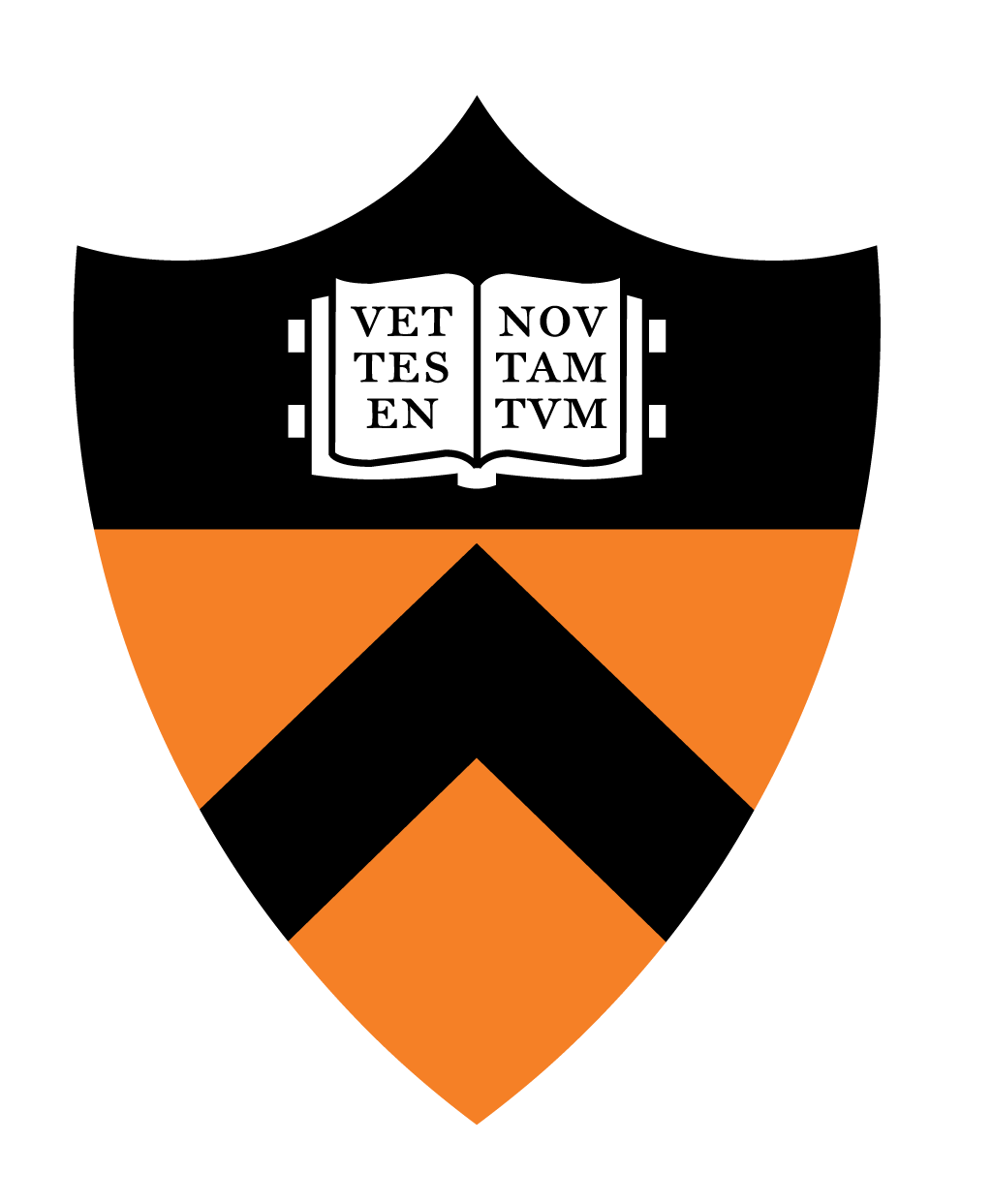
There is one quiz associated with each lecture (with a few exceptions) and related readings (so you will typically have two quizzes to complete per week). Each quiz consists of two or three questions, designed to ensure that you understand the basics. Quizzes are available online via Quizzera. (Sign in via Princeton CAS; do not create a UniAuth account.) All readings refer to Algorithms, 4th edition.
| # | DUE | QUIZ | READINGS |
|---|---|---|---|
| 0 | Friday 2/2 |
Collaboration Policy | policy |
| 1 | Friday 2/2 |
Union–Find | 1.5 |
| 2 | Friday 2/2 |
Analysis of Algorithms | 1.4 |
| 3 | Friday 2/9 |
Stacks and Queues | 1.3 |
| 4 | Friday 2/16 |
Elementary Sorts | 2.1 |
| 5 | Friday 2/16 |
Mergesort | 2.2 |
| 6 | Friday 2/23 |
Quicksort | 2.3 |
| 7 | Friday 2/23 |
Priority Queues | 2.4 |
| 8 | Friday 3/1 |
Binary Search Trees | 3.2 |
| 9 | Friday 3/1 |
Balanced Search Trees | 3.3 |
| 10 | Friday 3/22 |
Geometric Application of BSTs | – |
| 11 | Friday 3/22 |
Hash Tables | 3.4 |
| 12 | Friday 3/29 |
Undirected Graphs | 4.1 |
| 13 | Friday 3/29 |
Directed Graphs | 4.2 |
| 14 | Friday 4/5 |
Minimum Spanning Trees | 4.3 |
| 15 | Friday 4/5 |
Shortest Paths | 4.4 |
| 16 | Friday 4/12 |
Maxflow and Mincut | 6.4 |
Late submissions. Quizzes are due at 11:59pm ET on Friday evenings. Late quizzes are not accepted without an extension. To request an extension, post in the appropriate Ed Discussion forum.
Grading policy. You may attempt each question in each quiz up to 3 times. We will record your best score for each question. On each attempt, you will receive a randomly assigned variant of the same question. After each attempt, you will receive the correct answer and an explanation. When calculating your course grade, we will drop your lowest four quizzes.
Collaboration policy. You must complete each question variant (that is randomly assigned to you) entirely on your own, with no outside help (other than the course materials). However, you are permitted to discuss a question variant after you have submitted it (and you are permitted to attempt a new question variant). If you wish discuss a question variant on Ed Discussion, post the entire question, answer, and explanation, including the seed and provider (which the course staff can use to uniquely identify it).